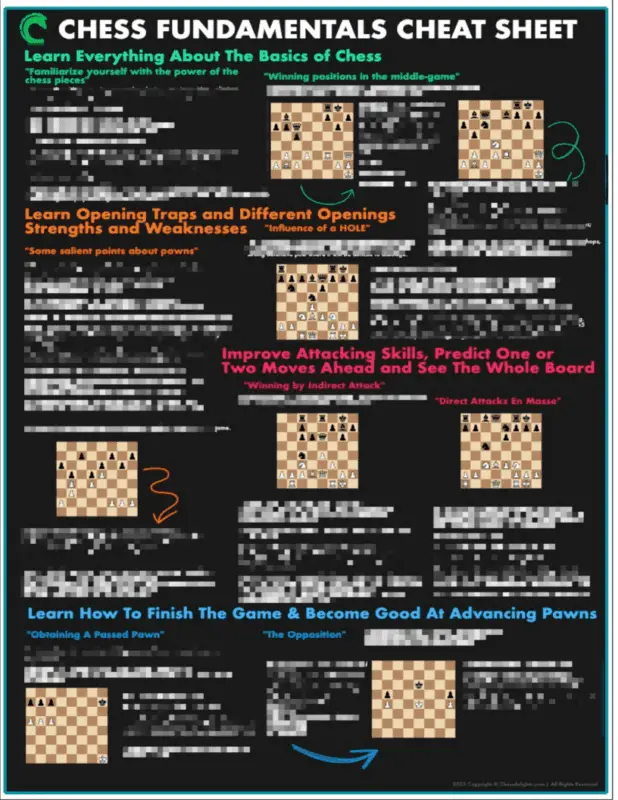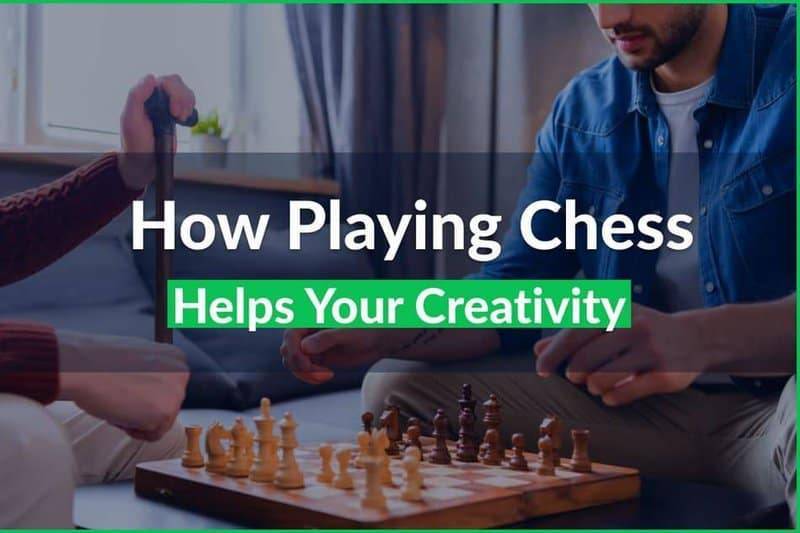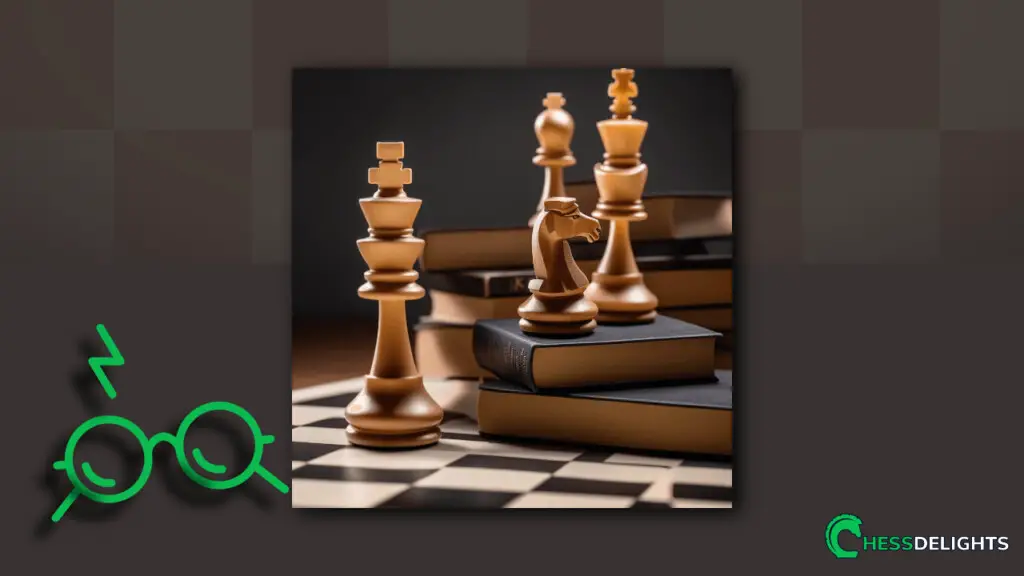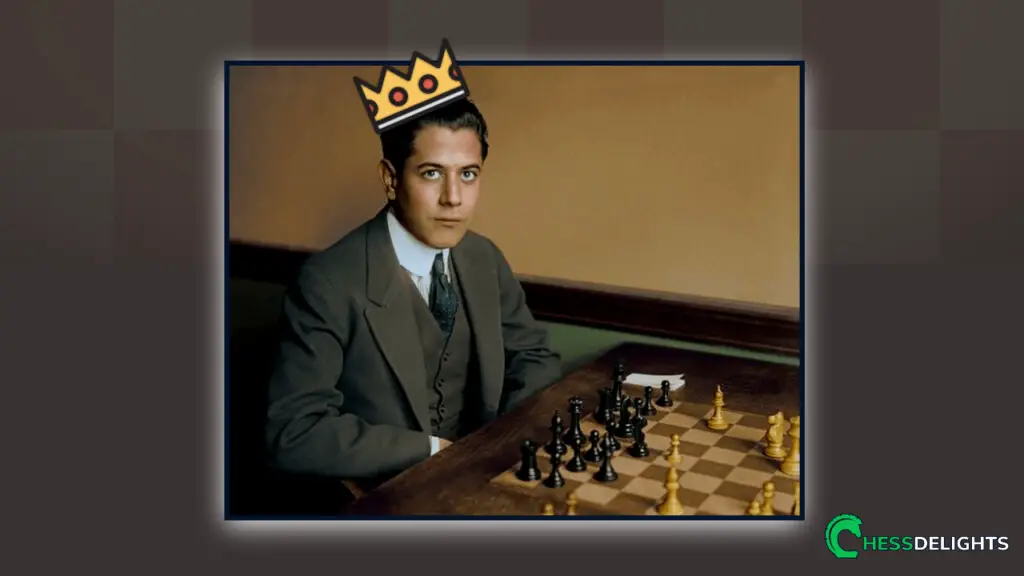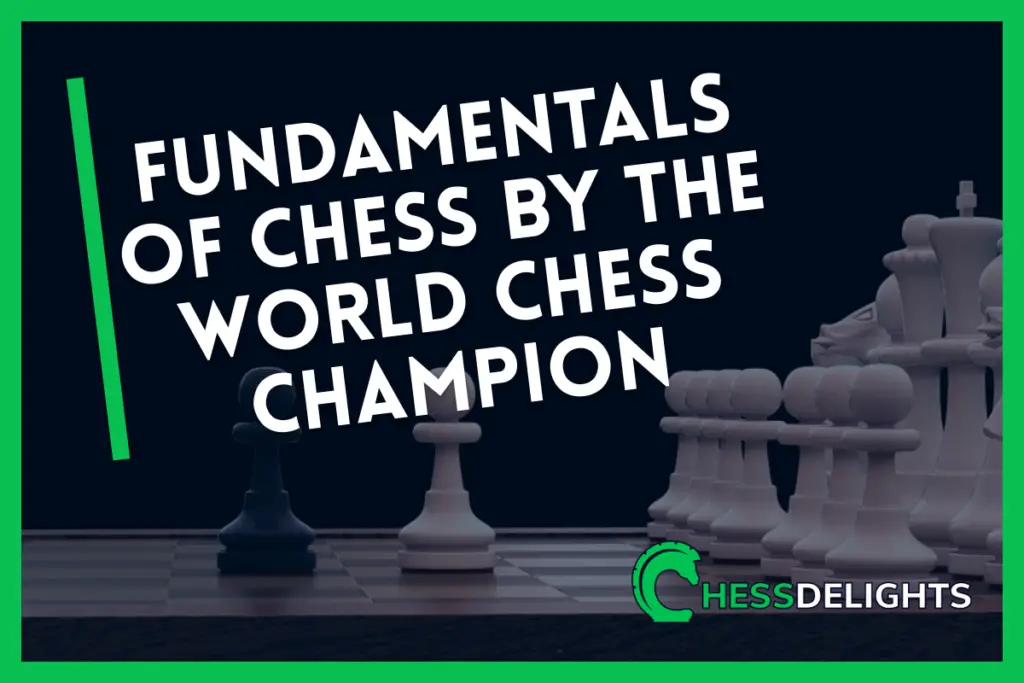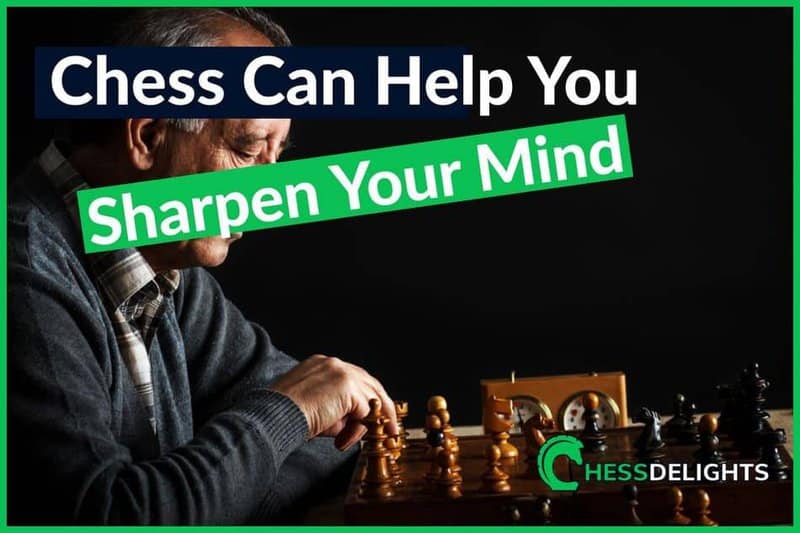Chess is a game of strategy. It's also an opportunity to learn how your opponent thinks, which helps you understand an aspect of human behavior. It takes a lot of different skills to be a great chess player, including creativity. You're not only creative on the board. That creativity translates to different areas of your life.
Here are some ways that chess offers a person the opportunity to be more creative and incorporate that attribute into their life.
Choosing your strategy is creative
When you're playing chess, you need to develop a strategy depending on the style of your opponent. One of the interesting parts of the game is that each player has their own way of relating to it. You may be playing someone that you know well. You're used to the way they strategize against you.
Alternatively, you can face a brand new opponent. You're unfamiliar with their style, and it takes some time to learn it. Maybe this is the only time you're going to play with this person, but you still have to use your skills and creativity. What does that mean? It means you need to assess (based on your opponent's moves) how to best defeat them, which is a creative process.
Game strategies involve creative problem-solving
One of the benefits of chess is that it helps players learn creative problem-solving strategies. You might believe you have the best way to beat an opponent. You lead with your knights, and you're convinced that this will win. However, your opponent outsmarts you, and you need to re-think your strategy. That involves assessing the board and thinking about how to solve the problem in front of you. That engages your mind in a unique way and promotes creativity.
Chess is a creative game that prompts a person to think critically so they can defeat their opponent.
Creative problem-solving is a life skill
The creative problem-solving you use in chess is a transferable skill. Remember how you assessed how to beat your opponent based on your observations? You can use that skill on your day-to-day challenges. If you're at work and you have trouble figuring out how to market a project, you can draw upon your problem-solving skills from chess.
Think about the message you want to communicate with your presentation. It's similar to how a chess player strategizes to defeat an opponent. They're each an example of problem-solving.
When conflicts arise drawn upon your chess skills
Critical thinking can help people manage conflict with others. You need to think when you're playing a game of chess critically.
Use that skill when you get into a disagreement with others. It's easy to get overly emotional when you're having a difference of opinion with another individual. The reality is that we can't always agree with others. However, you can acknowledge your feelings and then take a step back from them. Examine your perspective and the other person's point of view logically instead of emotionally.
After that, you can propose a compromise. These are problem-solving skills that you've learned in chess but didn't even realize. For example, let's say you had a strategy planned, but you didn't see that you left your queen open for attack. Your opponent takes it, and you're blindsided. That could bring up some emotions in you. Perhaps you're frustrated, mad, or disappointed. Acknowledge those feelings and then create another way to defeat your opponent. It's critical not to get stuck in an emotional state because that will ruin your game.
Accept that you're upset about your queen being taken and move forward.
Talking about problem-solving in therapy
Therapy is an excellent place to problem-solve with a mental health professional. You can discuss life challenges, including those related to your chess game, if you feel so inclined. Everyone struggles with something, and you're allowed to have these challenges.
Whether you have anxiety, depression, or dissociative identity disorder, you can get help. Read more about these conditions here: https://www.mind-diagnostics.org/blog/dissociative-identity-disorder. You can see a therapist online or find one in your local area. Don't be ashamed to reach out for help when you're in need of it. Getting support is crucial for your mental health and wellness.
